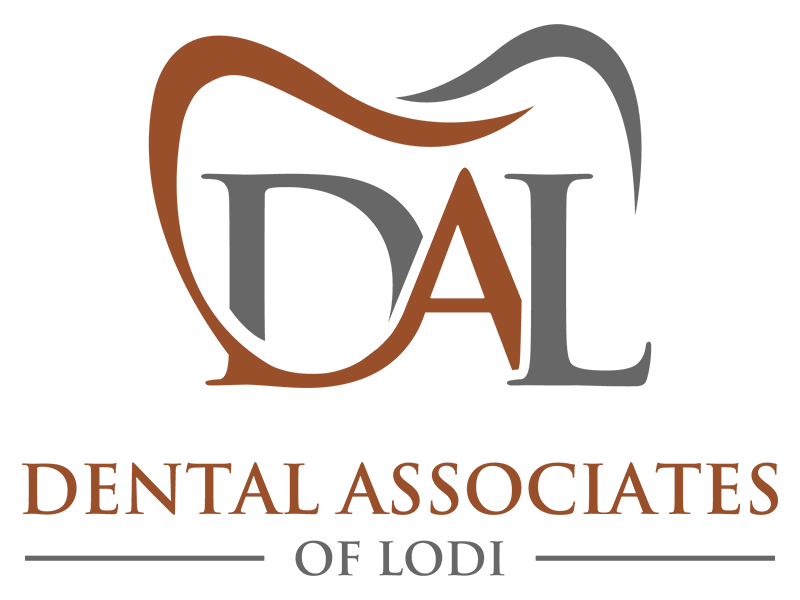Here at Dental Associates of Lodi, we get many questions about wisdom teeth from our patients. We're always happy to meet with you in person to discuss your individual situation, but we've answered some of the most common questions below.
1. What Are Wisdom Teeth?
Wisdom teeth are the very last set of molars that most people get. They're the third set of molars in our mouths, emerging on both sides of the upper and lower jaw. Doctors aren't quite sure why we get wisdom teeth, but it's thought that they're meant to replace molars worn from primitive diets; our diets are different now, but our wisdom teeth haven't caught on to this change and they still form in our jaw around age 7.
2. When Do Wisdom Teeth Usually Emerge?
While wisdom teeth start forming in childhood, they typically emerge when we're young adults (17 - 21 yrs old for male and 16 - 18 yrs old for female), but sometimes they can erupt earlier or later - depends on the individual’s growth pattern. When wisdom teeth don't emerge, they're impacted. We'll talk about this below.
3. Do Wisdom Teeth Need to Be Removed?
Yes, most of the time they do. It is rare that wisdom teeth come in without presenting any problems. Because they are so far back in the mouth, they are prone to cavities and gum disease since they are hard to reach with toothbrushes and floss. They often come in at an angle, causing misalignment, crowding, cyst development and bite problems. It can be particularly painful when wisdom teeth are fully or partially impacted--this means that all or part of the wisdom teeth are trapped in your jawbone or gums. This can cause soreness, headaches, and jaw problems. It also puts you at higher risk for infection.
4. What Can I Expect During Wisdom Teeth Removal?
Wisdom teeth that are impacted are more complicated to remove than wisdom teeth that are fully emerged. In the case of impaction, a small incision is needed around the wisdom teeth in order to extract the impacted wisdom tooth. Every patient is different, we recommend you want to talk to us to know exactly what to expect during your surgery.
5. What Kind of Anesthesia is Provided During Wisdom Teeth Extraction?
This is one of the most common questions we receive! It's natural to feel nervous about the pain involved in getting your wisdom teeth out. In all cases, we will apply a local anesthetic to the area surrounding the wisdom teeth to make sure you won't feel any pain. For patients who are especially anxious or who are a more difficult case, we can offer a few different sedation options, including nitrous oxide and IV sedation, to make sure you're feeling comfortable and calm.
6. What Is the Recovery Like for Wisdom Teeth Extraction?
This, too, depends on the complexity of your surgery. In the case of impacted wisdom teeth, you can expect slightly more discomfort and a longer recovery time. Bleeding, swelling, headaches, and soreness are all common, but begin to resolve after the first day, and are usually completely gone after a week or two. Over-the-counter pain medication can alleviate any pain you're experiencing and a warm saltwater rinse will help soothe soreness as well.
7. Are There Any Complications from Wisdom Teeth Removal?
Dry sockets are the most common complication. This happens when a blood clot doesn't form in the wisdom tooth socket, or when a blood clot does form but becomes dislodged. Dry sockets are painful and emit a foul odor. Paresthesia, or damage to nerves during surgery, is a rare complication, but it typically is not permanent. As with any oral surgery, infection is a risk as well.
8. How Much Does it Cost to Have Wisdom Teeth Removed?
The cost of wisdom teeth removal varies, again, according to the complexity of your case. When all 4 wisdom teeth are impacted, you can expect a higher cost than when all 4 teeth are fully emerged and just need simple extraction. We work with insurance from different carriers and we will give you an estimate before your surgery.
9. Does Insurance Cover Wisdom Teeth Removal?
In most cases, dental insurance will cover all or most of the cost of wisdom teeth removal. Occasionally health insurance may cover the procedure as well. Our billing office will coordinate with your insurance provider and let you know how much they will cover when we provide you with our estimate.
10. How do I find out more information about wisdom teeth extraction?
Please feel free to contact us for a free consultation with Dr. Steven Liao, for wisdom teeth removal. Contact us to set up a consultation. We look forward to meeting with you!


